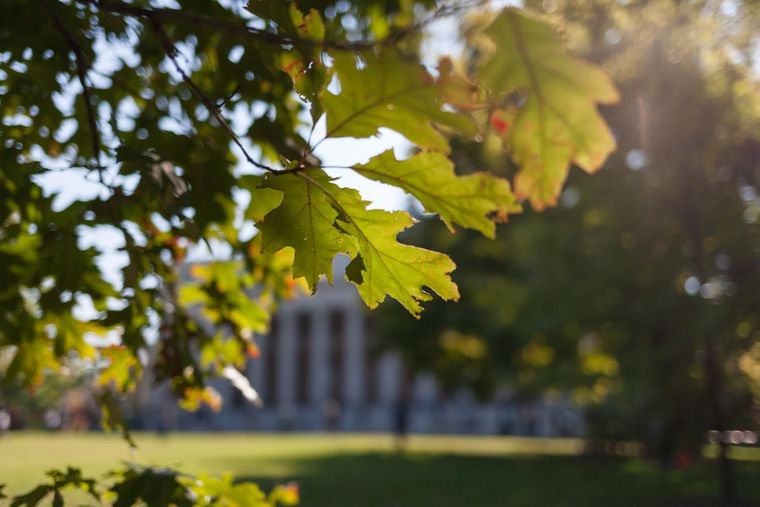Peabody College recently received a $16,000 grant from the state of Tennessee in order to fund the development of a teacher residency program in partnership with Metro Nashville Public Schools (MNPS). Comparative to a medical school residency, this new program for master’s students will allow participants the opportunity to gain clinical experience in MNPS alongside experienced educators before becoming fully licensed teachers. The first cohort of teaching residents will begin in the fall of 2018, and the Tennessee Department of Education will provide funding to support the program for the next two years.
Barbara Stengel, the associate chair for teacher education in the department of teaching and learning and a Peabody professor, said the residency program will strike a balance between competing visions of teacher education. On one hand, traditional teacher education is curriculum-he
avy. Students in these programs have more time for reflection and research, but less time for learning through teaching. On the other hand, some programs require minimal, if any, coursework and rely solely upon learning through teaching, resulting in a weaker conceptual framework upon which to rely.

“We are trying to find a way that provides the time to develop, to think about research and theory, and time to work with more than one teacher, but also to understand school life from the beginning of the school year all the way to the end,” Stengel said. “Our answer has been residencies.”
According to Stengel, the residency program benefits master’s candidates in three specific ways. First, the master’s students will obtain a full time job with a salary in MNPS. Second, students work as part of a teaching team. Third, teacher leadership will be emphasized as an essential component of the program.
The school is continuing to apply for grant funding through the Tennessee Teacher Residency grant program, through which up to $1 million may be awarded to support the full development and implementation of the program. While other institutions for teacher education do provide teacher residency programs, Stengel emphasizes that the collaborative nature of Peabody’s program sets it apart.
“In our grant, we are going to propose not just money for the residents, but also money for stipends for the leaders of the teams,” Stengel said. “That’s what’s different about our efforts. It builds on coursework that’s already in place and it takes advantage of teaming and teacher leadership. That’s not happening in the other teacher residency programs, and that’s really important.”
One means of collaboration that the program focuses on is teaching in teams. Teacher teams, whether across grade level or specific subjects, allow teachers to develop a network of support for one another. Thus teachers can fill in gaps, ensure students are not left behind and compare progress and performance across different subjects. The addition of residents increases the number of teachers available to provide interventions with students in need.
I want to teach our students to collaborate from the get go
Teacher teamwork not only benefits the students; it also helps the teachers themselves. Teacher teams promote respect for autonomy, allowing teachers themselves to make decisions concerning issues such as integrated curriculum and differential grouping, without orders from higher authorities.
“Teachers are smart people, so create a structure where you’re giving them the opportunity to make decisions,” Stengel said. “Put residents in places where they can imagine this way of working as a teacher. If they do that, when they go to other places, they’ll demand that; they’ll ask for that, and that will change the system.”
Stengel said the teacher residency program is a modest program with a large goal, seeking to engage students from all directions through the formation of thick partnerships, not only between teachers but also between teachers and those in social services, such as counselors. She said this interdepartmental network of support is especially critical in schools with disadvantaged children who suffer from trauma and adverse childhood experiences.
“I am convinced that urban teaching is a team sport, and not enough people view it as such,” Stengel said. “I want to teach our students to collaborate from the get go.”











